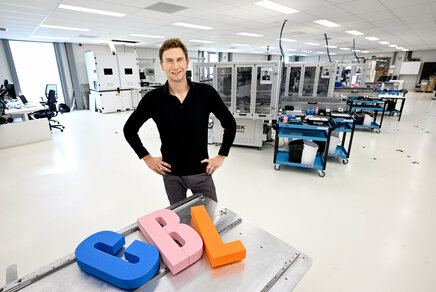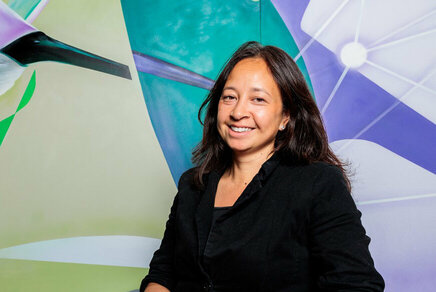An interdisciplinary approach to architecture and urbanism as dynamic socio-spatial-temporal constructs
The twenty-first century has been labeled as the ‘urban century’ and sustainable urban development as one of the key assignments in decades to come. For this reason, architecture and the city are increasingly becoming central to leading academic studies from the fields of social sciences, economy, technology, ecology and governance. However, studies are often conducted from the perspective of a single discipline.
The Living Cities program specifically focuses on how these aspects work together and materialize in the spatial development of the city and its architecture, interpreted as an evolutionary and integrated process of construction and urbanization driven by socio-historical processes. The program brings together research from the chairs of Architectural History and Theory (AHT), Architectural Design and Engineering (ADE), Rational Architecture (RA) and Urbanism and Urban Architecture (UUA).
In line with the Departments’ strategic research agenda on Sustainable Transformation, the program focuses on exploring and understanding the response of architecture and the development of the city for reuse, adaptation and new interventions in response to these shifting societal challenges. Aspects of history and theory, geography, technological systems, urban form and architectural typologies influence each other reciprocally and dynamically in such a cultural ecosystem.
Our research groups
News



Recent Publications
Our most recent peer reviewed publications
-
Kevin Pulles,Lisanne C. Havinga,Deniz Ikiz Kaya
Emerging strategies for regeneration of historic urban sites
City, Culture and Society (2023) -
S. Iousef,H. Montazeri,B. Blocken,P. J.V. van Wesemael
On the use of non-conformal grids for economic LES of wind flow and convective heat transfer for a wall-mounted cube
Building and Environment (2017) -
enim
Collaborative Design Method Holistic Participation (MHP)
conference; IHEPI 7-9 September 2009: Higher Education, Partnership, Innovation; 2009-09-07; 2009-09-09 (2009) -
cumque
Filigraine Betonschalen
Stedebouw en Architectuur (2008) -
excepturi
The challenge : proposals for strategies and targets towards building
International E-Journal of construction (2003)
Education
Contact
-
Visiting address
Ise PietersVertigoDe Groene LoperEindhovenNetherlands -
Visiting address
Tygo Huijbrechtskand. Fiene van den Berg DBressestraat4334HG DeventerNetherlands -
Postal address
Tycho HermansDepartment of the Built EnvironmentP.O. Box 5135600 MB EindhovenNetherlands -
Postal address
bc. Mark de Leeuwprof. Tristan Post PhDVerheuvelhof3252CJ GilzeNetherlands -
Secretaryds. Nina BulutBrieresingel8802VB Hellum
